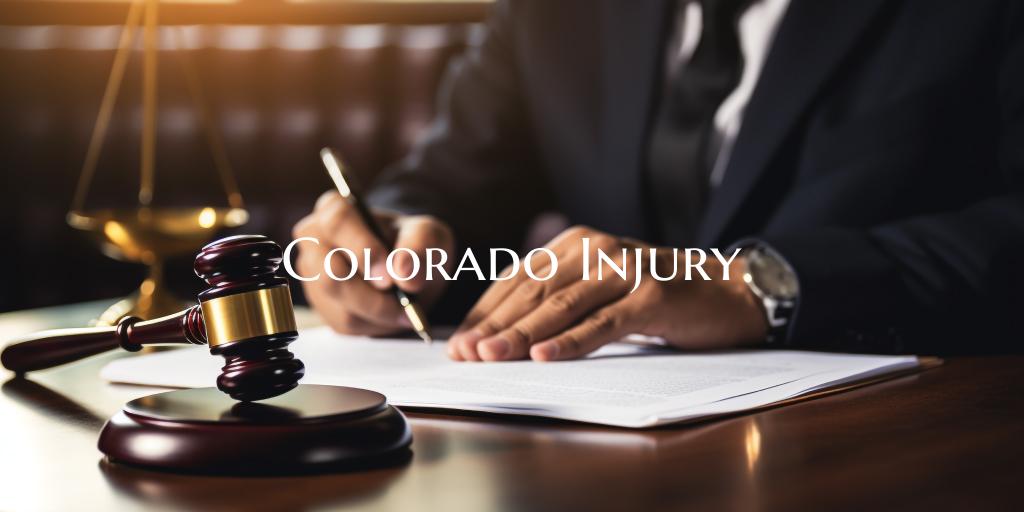
Colorado Injury
When an individual experiences an injury in Colorado, it can lead to physical, emotional, and financial challenges. Whether the injury results from a car accident, slip and fall, medical malpractice, or another circumstance, it is essential to have a basic understanding of Colorado injury laws to protect your rights and seek appropriate compensation.
### Types of Injuries Covered Under Colorado law, various types of injuries may be subject to legal action. These include but are not limited to:
1. Personal Injuries: Injuries sustained by an individual due to the negligence or intentional act of another party. 2. Work-Related Injuries: Injuries that occur in the workplace, covered by workers' compensation laws.
3. Car Accidents: Injuries resulting from car accidents, where fault and compensation may depend on various factors.
4. Premises Liability: Injuries that occur on someone else's property due to hazardous conditions.
### Legal Considerations and Rights When pursuing a personal injury claim in Colorado, several key legal considerations come into play:
1. Statute of Limitations: In Colorado, the statute of limitations dictates the time within which a lawsuit must be filed. It's essential to be aware of and adhere to these time limits.
2. Comparative Negligence: Colorado follows the "comparative negligence" rule, meaning that compensation may be reduced based on the injured party's degree of fault.
3. Damages: Injured parties may be entitled to compensation for medical expenses, pain and suffering, lost wages, and other damages resulting from the injury.
### Seeking Legal Assistance Navigating Colorado injury laws can be complex, especially when dealing with insurance companies and legal proceedings. Seeking legal assistance from an experienced personal injury attorney is crucial. An attorney can help:
1. Assess Your Case: Review the circumstances of your injury and determine the viability of a claim.
2. Negotiate with Insurance Companies: Handle communications and negotiations with insurance companies on your behalf.
3. Litigate if Necessary: Represent you in court and ensure your rights are protected throughout the legal process.
### Conclusion In the aftermath of an injury in Colorado, understanding your rights and the legal framework surrounding personal injury claims is vital. By being informed about Colorado injury laws, knowing your rights, and seeking legal assistance when needed, you can pursue fair compensation and focus on your recovery. Remember, each case is unique, so consulting with a knowledgeable attorney is the first step towards securing the best outcome for your situation.
